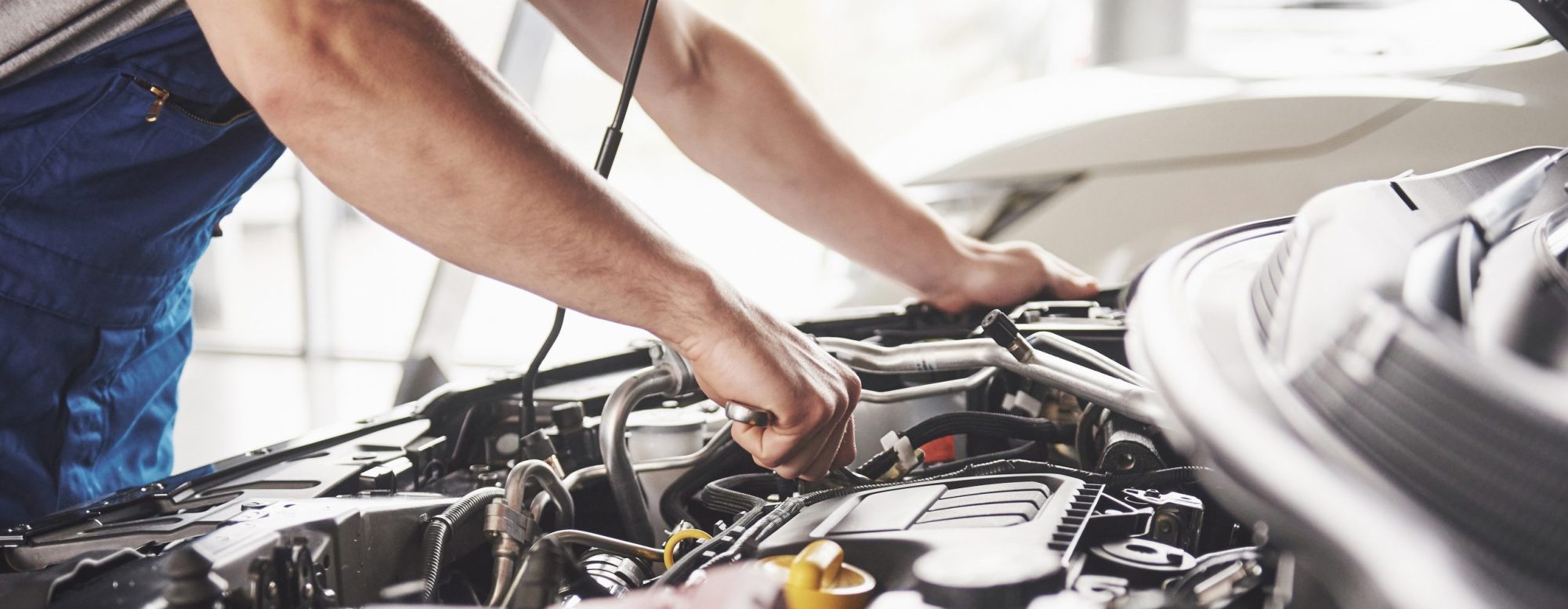
Routine Repairs & Maintenance
Come to Bighorn Automotive in Parker, Colorado, for all your routine automotive repair and maintenance needs. Part of being a car owner is having to take in your vehicle for servicing every once in a while, so take it to a reputable service center that puts their customers first.
Do you notice that your vehicle pulls to the left or the right, even when the wheel is straight? You’re probably in need of an alignment. Something as natural as driving down dirt roads or over potholes (of which Colorado has many!) can knock your steering out of alignment. And if you take your Jeep or 4×4 off-roading, your steering will need a realignment more frequently than someone’s daily driver.
Conventional Oil and Synthetic Oil
Regularly scheduled oil changes are essential to extending the life of your engine. At Bighorn Automotive, you can drop your car off or have us change your oil while you wait.
Don’t buy a used vehicle without taking it to Bighorn Automotive for a pre-purchase inspection. Our skilled technicians can find anything that may be wrong with the vehicle so you don’t drive off in something that isn’t performing as it should.
Most car trouble can be prevented or delayed through scheduled maintenance. We keep a profile of all of our customers, complete with the date of each service. Every car and truck is different, and as a result, maintenance schedules vary. We will tailor your maintenance schedule to your specific make and model to maximize performance and longevity.
Your engine’s timing belt, or timing chain, is responsible for ensuring that your engine’s valves open and close at the proper time, synced to each cylinder’s intake and exhaust strokes. Over time, the teeth on this belt will begin to wear and can mess with your engine’s timing, affecting performance and fuel efficiency.
Tires are expensive. Whether you have large 35s on your four-wheeler or highway tires on your daily drive, people are always surprised at how much tires cost. The easiest way to prolong tire life and get the best “bang for your buck” is to rotate your tires. Whether your vehicle is rear-wheel drive or front-wheel drive, the tires on that axle will receive a disproportionate amount of wear compared to the others. Rotating your tires ensures they wear evenly, prolonging their lifespan and giving you a smoother ride.
Sales and Repair
You need four wheels for the road; you may as well get them at Bighorn Automotive! We have many new tires to get you back on the road. We also repair tires that have come into contact with nails and other objects that have punctured the rubber.
The vast majority of breakdowns in your vehicle are caused by friction, and windshield wipers are no exception. The lifespan of your wipers will depend on weather and use (tip: don’t run windshield wipers over an icy windshield!). Having wiper blades that are worn down can impede your visibility during storms and make it harder to drive safely. Bighorn Automotive stocks the most popular sizes of wiper blades for purchase, and we’re happy to install them for you.
